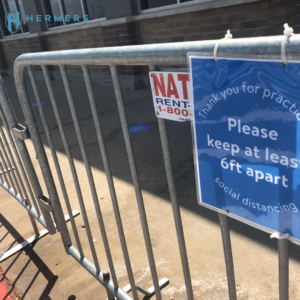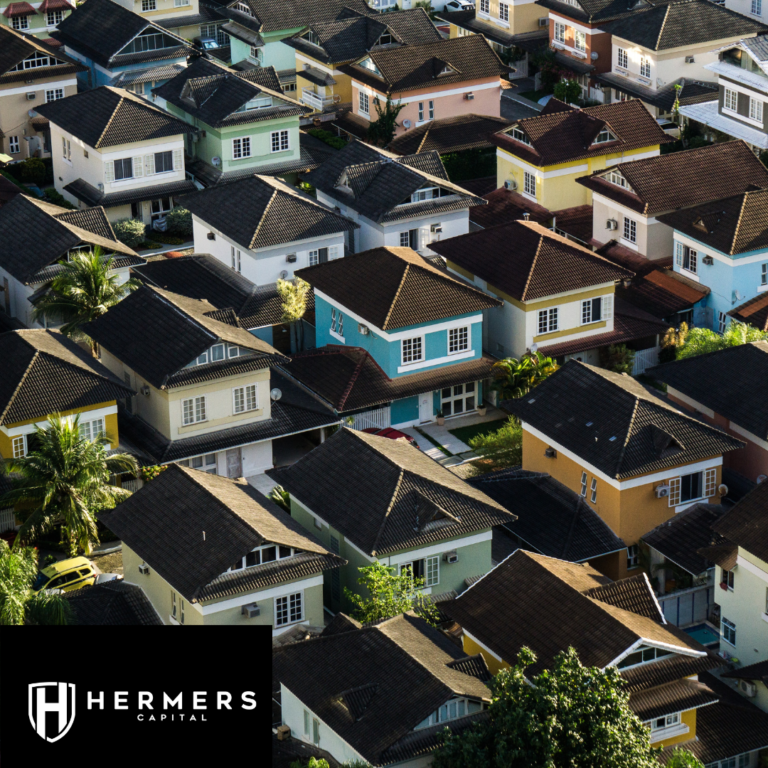During the coronavirus pandemic, 55% of companies closed on Yelp shut down for good.
In the aftermath of the coronavirus pandemic, American states have restored their markets, but tens of thousands of industries are now closed, many for good.
As of July 10, according to the new Economic Average survey, 132,580 companies reported on the Yelp YELP, -3.05 percent review platform remain closed because of the coronavirus pandemic. The good news is that this is a small decline from last month’s 140,000 closures, as staggered reopenings in some areas have encouraged many firms, even though in a reduced capacity, to work again.
But although temporary closures have fallen, the number of firms that have shut down permanently is growing. Of all company closures after March 1, 55 percent (or 72,842 companies) will never reopen again, up from the 41 percent recorded by Yelp just last month in its Local Economic Impact Survey.
In other words, between June 15 and July 10, another 15,742 companies reported on Yelp closed permanently.
Overall, after the height with the pandemic with small spikes in March, followed by May and June, permanent closures have gradually risen, “the study reads.”
Restaurants and distributors are increasingly hard-hit. As of July 10, 26,160 cumulative closures have been reported by restaurants reported on Yelp, and 60 percent (15,770) have permanently closed, up 23 percent from June 15. And it was the last call for more than four of the 10 bars and nightlife spots (44%) mentioned on Yelp, which will never open again either.
About 26,119 shopping and retail firms, of which about half (or 12,454) are permanent, are now now closed, up 29 percent from what Yelp posted last month.
Centers for appearance (4,897 permanent closures) and health (1,930 permanent closures) are also among the most suffering industries. These organizations find it challenging to implement the social distancing steps needed to reopen.
“Justin Norman, Yelp’s vice president of data analytics, recently told the Wall Street Journal,” If you look at those two top segments [retail and restaurants], we are probably never going to see any of these companies again.
The CEO of the OpenTable restaurant booking service warned in May that after the coronavirus pandemic, one in four eateries would not be able to reopen. Indeed, overall OpenTable reservations and walk-ins were down 95 percent on May 14 from that date the year before, and they were down 100 percent relative to the same time last year in the month of April. And the National Restaurant Association reports that $120 billion was potentially shocking due to the cumulative gap in restaurant and food service revenue from March through May.
According to the National Bureau of Economic Research, black-owned companies were more affected by the pandemic than any other ethnic group. In February, the number of Black small business owners dropped from 1.1 million to 640,000.
Yet there is one bright lining: Yelp notes that, in the wake of increased advocacy for racial equality, advertising for black-owned corporations has skyrocketed on its platform. In the months after George Floyd was killed while in police custody in Minneapolis, there were more than 2.5 million Yelp requests for Black-owned firms, compared to 35,000 last year during the same window, a rise of 7.043 percent. Black-owned restaurant searches are up 2,508 percent. And Black-owned bookstores have seen an awareness surge of 1,437 percent year-over-year, theoretically motivated by persons wanting to further educate themselves on anti-Black bigotry, police brutality, and other topics of social justice.
Professional providers such as lawyers and accountants, who have had fewer closures (840 and 294, respectively), provide several other bright points in the Yelp survey. Health services, education companies and professional resources such as web design are all closing at slower rates.
As coronavirus cases continue to rise in southern and western states, it continues to be seen what economic growth will look like, and what industries will reopen and be able to stay open.
With 11,342 business establishments closing down at Yelp, Los Angeles reported the largest overall number of closures, but Las Vegas has the smallest number of closures at 861 according to the number of businesses in the area. Since last month, these figures have decreased significantly as more sites have reopened, but they are subject to change as coronavirus cases begin to increase again through the country to April levels. For eg, California is pushing once again to shut down indoor operations at restaurants , bars, gyms and museums. And New York, New Jersey and Connecticut, who have continued to flatten their coronavirus curves, are now requesting that when accessing their territories, tourists from almost two-thirds of the U.S. will now have to self-quarantine.
For the first time in weeks on Tuesday, the U.S. coronavirus death rate exceeded 1,000, as there were more than 65,000 new cases registered across the world, bringing the number of confirmed cases to more than 3.8 million.




